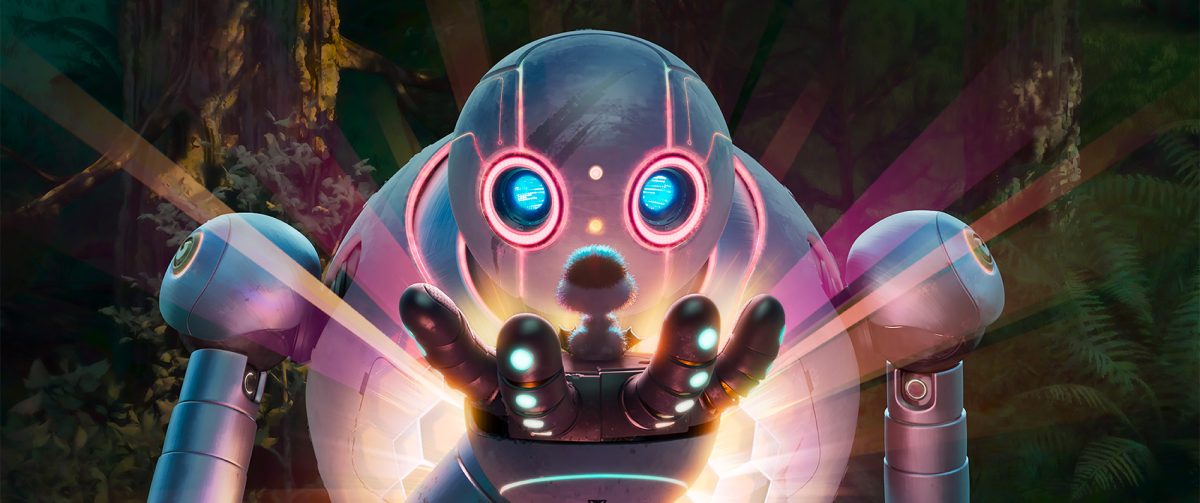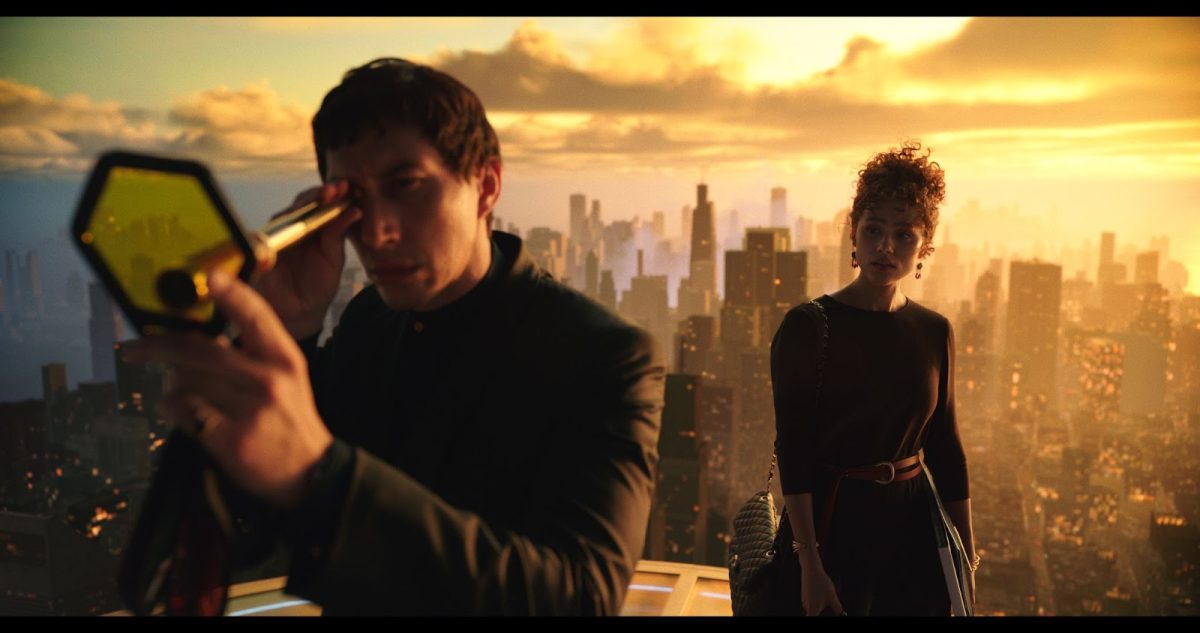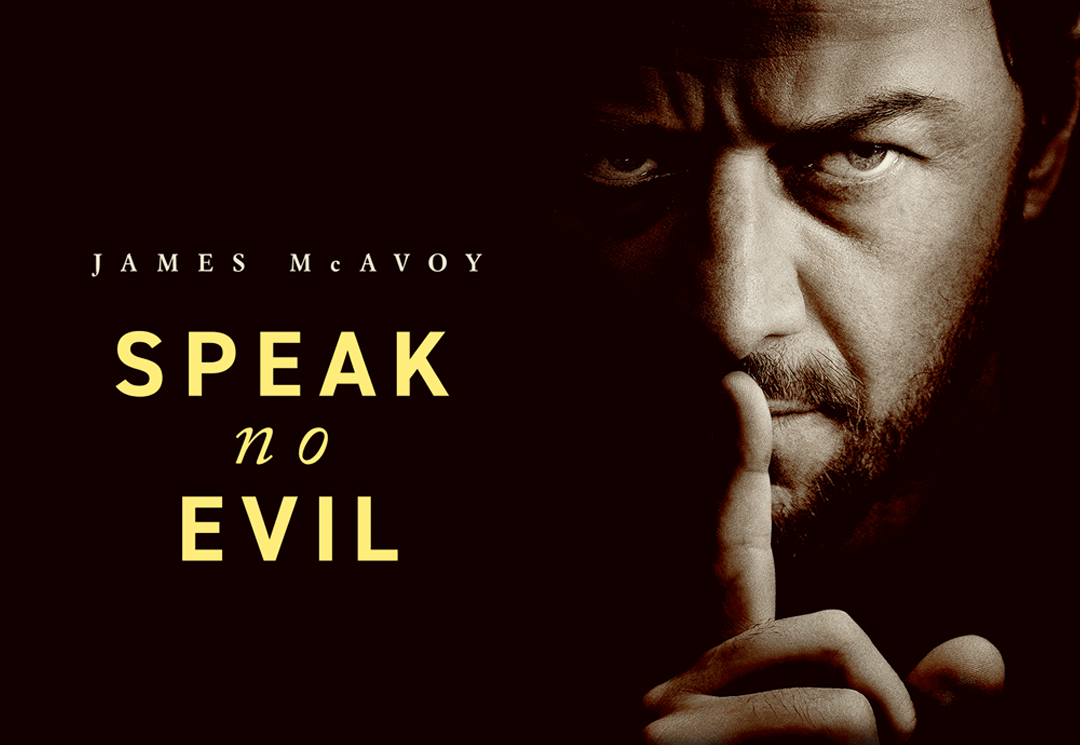Somehow, the agonizing story of the 1967 Detroit riots didn’t make the cut in my high school U.S. history class. Instead, Academy Award-winning writer/director duo Mark Boal and Kathryn Bigelow (The Hurt Locker, Zero Dark Thirty) are here to enlighten us about a disturbing moment in our country’s past that continues to echo through today’s headlines.
Detroit oversees the racial tension that spawned almost war-like confrontation in the streets of the Motor City with a narrowed scope on the Algiers Motel, a place where unspeakable and irrational hatred motivated a reprehensible tragedy.
Bigelow opens her film with on-screen notes for context, describing the “Great Migration” that occurred where millions of African Americans moved from the South to the industrial North in search of jobs. When that happened, white people moved out of the cities and into the suburbs, a migration fueled by “blockbusting” tactics which fed on their fears and prejudices. These, among other inherently racist methods and housing policies, were behind the legal form of segregation that created such homogeneous neighborhoods within cities like Detroit.
These neighborhoods were overcrowded and supervised by a majority-white police force. Reports of police brutality added to a growing simmer that would eventually boil over on July 23, the first day of the unrest. Bigelow quickly takes us through the first couple days of the riots, her hand-held camera method fully immersing us in the conflict and allowing us to act as bystanders. She guts us with helplessness as a National Guardsman rakes a window with gunfire, killing a curious little girl that paranoia had disguised as a sniper in the soldier’s mind.
Not much later, we arrive at the ill-fated Algiers Motel, where Bigelow’s storytelling piques. The events that unfold elicit a reaction that can be described as outrage, utter disgust and everything in between.
There’s little subtlety to be found, which simultaneously works for and against the film. The sheer brutality of both the violence and the rhetoric packs the desired emotional punch, even if that brutality has become more concealed in today’s society. In this way, Detroit may cause some of its white moviegoers to dismiss the film, giving them the wrong impression that racism of this level is a thing of the past when it has only transformed.
Of course, Bigelow can’t be in total control of her audience’s perceptions, but subtlety could make her film even more effective than it already is. If Detroit captured racism in more of its covert forms, it’d have a greater likelihood of connecting with those viewers and prompting them to truly examine themselves, as well as American society at large.
However, this is in fact a telling of past events, and Bigelow can’t account for a transformation that hasn’t occurred yet. Still, it’s entirely possible that Detroit is powerful enough to drag implicit biases into the light of day where they can be acknowledged and worked on, a feat that would be truly remarkable.
When it comes to the characters, we’re limited in what we know, especially for security officer Dismukes, played by John Boyega (Star Wars: The Force Awakens). However, a modest lacking in character development is a minor gripe that pales in comparison to the power the movie holds. Detroit also owes thanks to its exemplary cast, who effortlessly bring the horrors of 1967 to life and relentlessly strike at the nerves.
After a gripping two hours and 23 minutes, Bigelow’s heart-wrenching film feels troublingly familiar. It’s painfully relevant, and it tells an essential story that resonates with stinging honesty. This is a story about blatant racism, the abuse of power, and the miscarriage of justice. Though not completely flawless, Detroit deserves to be a part of the “Best Picture” conversation come Oscar season.

—
For more information or news tips, or if you see an error in this story or have any compliments or concerns, contact editor@unfspinnaker.com.











